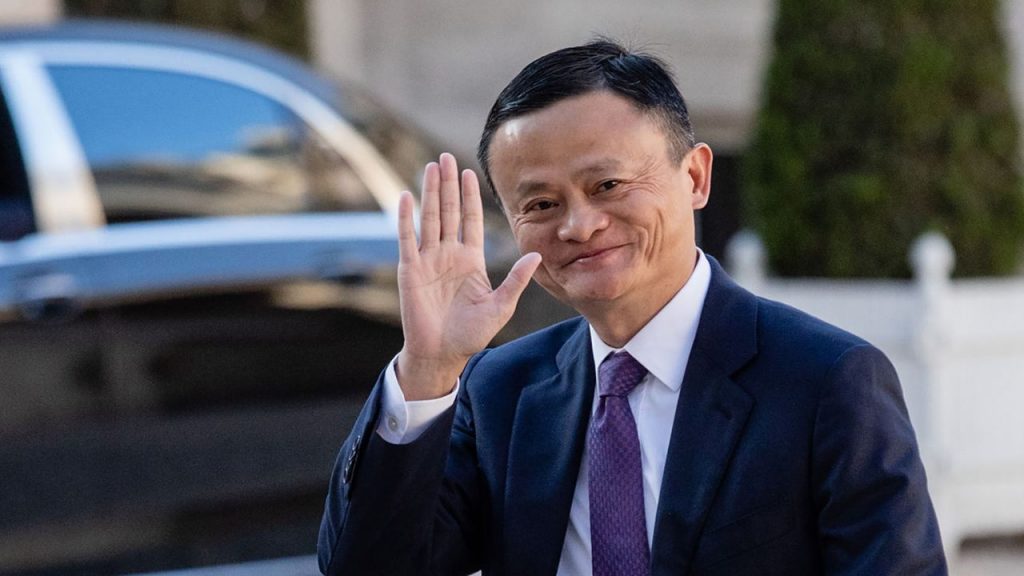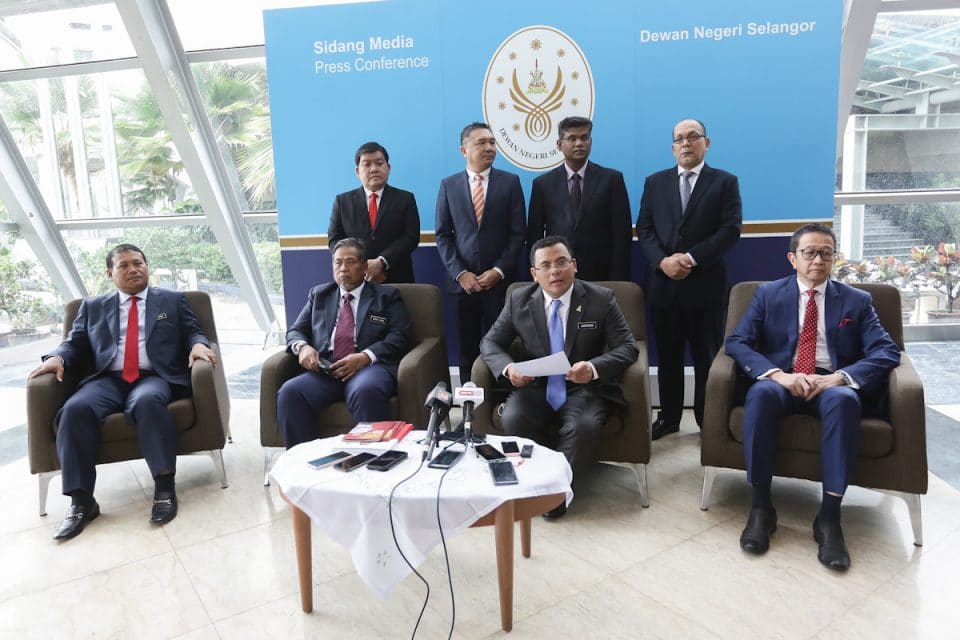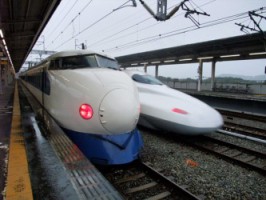Covid-19: Selangor announces economic recovery plan
Selangor announced its economic recovery plan today by focusing on three main aspects to address the impact of the Covid-19 pandemic in the state. Selangor Mentri Besar Datuk Seri Amirudin Shari said the three key aspects were food security, economic sustainability and capacity building. The total economic value of this Selangor Economic Recovery Plan is RM55.85 billion. Through the food security aspect, the state government would endeavour to increase the value of the agricultural cycle as well as reduce dependence on food imports. On economic sustainability, he said, the focus was on accelerating property development, ensuring efficient infrastructure and water services management, maintaining a balance in the state government’s cash flow and improving the administration’s delivery system. Amirudin said for the third aspect which is capacity development, the state government would give emphasis on driving the growth of the aerospace industry as a high value sector. (Malay Mail)
Favourable outlook for industrial properties post-MCO
The outlook for Malaysia’s industrial property market is looking favourable as it is expected to see more enquiries, especially from manufacturers, said independent property consultancy firm Knight Frank Malaysia. Its Capital Markets executive director Allan Sim said manufacturers would be looking to take advantage of the tax incentives, adding that the industrial real estate market has remained resilient in the face of the Covid-19 pandemic. “We also foresee more international e-commerce operators considering Malaysia as an important regional distribution hub within their network,” he said. Additionally, the firm said the Malaysian government’s move to provide generous tax incentives for foreign manufacturers under the National Economic Recovery Plan would help to position the country as a strong contender in attracting more overseas manufacturing operations to its shores. (Malay Mail)
PDZ and Sanichi to develop RM1.5 billion regional e-commerce logistics hub in Johor
PDZ Holdings Bhd and Sanichi Technology Bhd are planning to jointly develop a regional e-commerce logistics hub in Johor, which is estimated to cost over RM1.5 billion. The logistics hub is designated to handle activities related to transportation, separation, coordination and distribution of goods for local and international transit, similar to Alibaba Group, and will target supply-chain players. The hub was expected to be developed over 234 acres in Desaru, Kota Tinggi. People familiar with the matter said that the GDV would exceed RM20 billion. It is understood that both PDZ and Sanichi would jointly apply for approval from the relevant government agencies in Johor to develop the hub. Sanichi group managing director Datuk Sri Dr. Pang Chow Huat said the logistics hub would be a mixed development comprising an e-commerce centre, a distribution centre, warehouses and a transit centre. (NST Online)
Malaysia sets precedent as first country to remove Speaker before dissolution of Parliament
Tan Sri Mohamad Ariff Md Yusoff, speaking after his ouster as the Dewan Rakyat Speaker yesterday, said this is the first time in the history of the world that a speaker is removed before the dissolution of Parliament. He said the only other country that has done this before is Trinidad and Tobago in the 1990s, but this was due to an offence committed by the speaker. “I don’t know whether it is a good precedent, but it certainly is something extraordinary,” he said at a press conference. He added: “The speaker, once he is appointed, does not speak for the government only; he speaks for the whole house. Any speaker that becomes a speaker for the government only is not a proper speaker.” Mohamad Ariff, however, said his removal was done constitutionally by way of voting, adding that it is the MPs that decide on the appointment of the speaker — not the Cabinet or the Prime Minister. (The Edge)
Alibaba’s Jack Ma sells US$8.2b worth of shares
Alibaba Group Holding Ltd co-founder Jack Ma has cut his stake in the company over the past year to 4.8% from 6.2%, cashing out around $8.2 billion at its current share price, the firm’s annual filing showed. The divestment comes as Ma retired as the Chinese e-commerce company’s executive chairman in September and pulled back from formal business roles to focus on philanthropy. Alibaba did not disclose the average selling price of his divestment. The stock’s stellar performance has been helped by forecast-beating earnings growth, even as China’s economy sharply slows, as more people shop online for essentials due to the COVID-19 pandemic. Alibaba Executive Vice Chairman Joseph Tsai also reduced his stake in the company over the same period, to 1.6% from 2.2%. Both Ma and Tsai have been steadily less involved in Alibaba’s regular operations since Daniel Zhang was announced as Ma’s successor as company chairman. He assumed that role formally in September 2019. (The Star Online)






